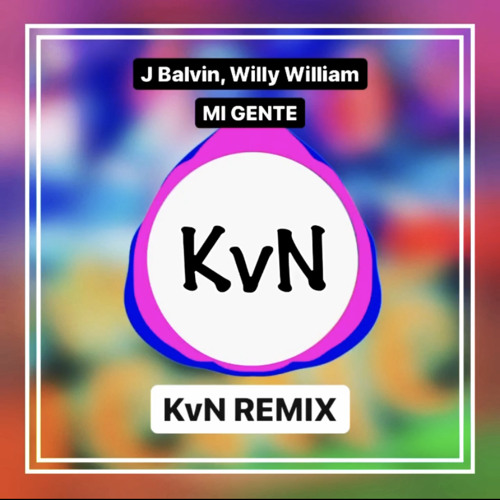![Stream Jack U Take U There-Troyboi Remix[free download] by TRUST.THE.MASTER | Listen online for free on SoundCloud Stream Jack U Take U There-Troyboi Remix[free download] by TRUST.THE.MASTER | Listen online for free on SoundCloud](https://i1.sndcdn.com/artworks-000142087746-nmy9if-t500x500.jpg)
Stream Jack U Take U There-Troyboi Remix[free download] by TRUST.THE.MASTER | Listen online for free on SoundCloud

DOWNLOAD: Mi Gente J Balvin Ft Willy William Hardwell Remix Ultra Europe 2017 .Mp4 & MP3, 3gp | NaijaGreenMovies, Fzmovies, NetNaija
Download Paris (feat. Cris Cab) by Willy William Free Mp3 | Listen latest Music and Mp3 free | Listenmusic

Ginza (Atellagali In Da House Remix) Ringtone Download Free | J Balvin | MP3 And IPhone M4R | World base of ringtones

Mi Gente MP3 Song Download by J Balvin (Mi Gente (Henry Fong Remix))| Listen Mi Gente Spanish Song Free Online

Mi Gente (Henry Fong Remix) Song Download: Mi Gente (Henry Fong Remix) MP3 Spanish Song Online Free on Gaana.com


:format(jpg)/http://s3-ap-south-1.amazonaws.com/wynk-music-cms/srch_universalmusic/music/1559870049/srch_universalmusic_00610017701908-USSYS1002734.jpg)
![J Balvin, Willy William - Mi Gente [MP3 Free Download] - تحميل مجاني J Balvin, Willy William - Mi Gente [MP3 Free Download] - تحميل مجاني](https://i.ytimg.com/vi/rD9UjEnwEe4/default.jpg)

:format(jpg)/http://s3-ap-south-1.amazonaws.com/wynk-music-cms/srch_orchard/music/srch_orchard_8421597079163_ES5051005118.jpg)








:format(jpg)/http://s3-ap-south-1.amazonaws.com/wynk-music-cms/srch_universalmusic/music/1538542859/srch_universalmusic_00602577088100-ES5701800915.jpg)


:format(jpg)/http://s3-ap-south-1.amazonaws.com/wynk-music-cms/srch_universalmusic/music/1529582631/srch_universalmusic_00602567692201-FR9W11808033.jpg)



:format(jpg)/http://s3-ap-south-1.amazonaws.com/wynk-music-cms/srch_sonymusic/music/srch_sonymusic_A10328E0005540102E.jpg)